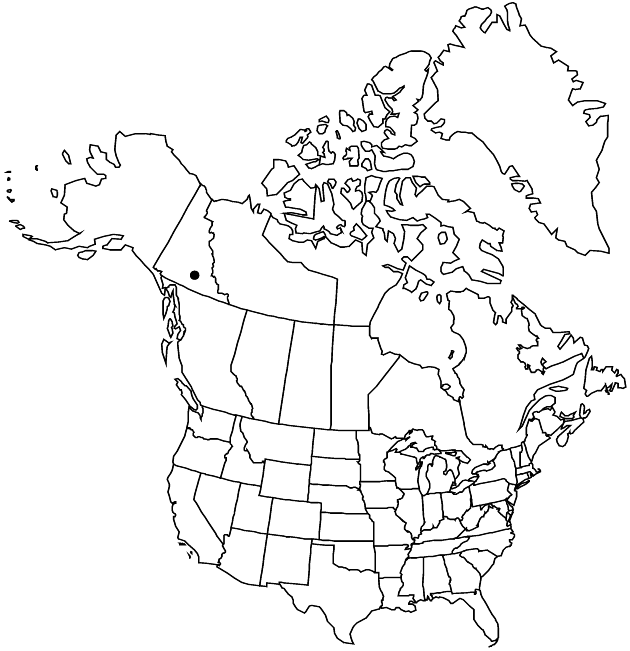Difference between revisions of "Artemisia rupestris"
Sp. Pl. 2: 847. 1753.
FNA>Volume Importer |
FNA>Volume Importer |
||
| Line 54: | Line 54: | ||
|publication year=1753 | |publication year=1753 | ||
|special status= | |special status= | ||
| − | |source xml=https://jpend@bitbucket.org/aafc-mbb/fna-data-curation.git/src/ | + | |source xml=https://jpend@bitbucket.org/aafc-mbb/fna-data-curation.git/src/f50eec43f223ca0e34566be0b046453a0960e173/coarse_grained_fna_xml/V19-20-21/V19_888.xml |
|tribe=Asteraceae tribe Anthemideae | |tribe=Asteraceae tribe Anthemideae | ||
|genus=Artemisia | |genus=Artemisia | ||
Revision as of 20:21, 16 December 2019
Perennials, 5–15(–25) cm (cespitose), faintly aromatic. Stems brownish purple, glabrous. Leaves deciduous, bright green; blades (proximalmost petiolate) ovate, 1.5–5 × 1–2.5 cm, 2–3-pinnately lobed (cauline sessile, ternately or pinnately lobed, terminal lobes lance-linear, 1–6 × 0.5–1 mm), faces glabrous or sparsely hairy, glandular. Heads (5–9, pedunculate or sessile, spreading or drooping) in spiciform arrays 3–9 × 0.5–1 cm. Involucres globose, 4–5(–7) × 4–5(–7) mm. Phyllaries green (margins light green), ± hairy. Florets: pistillate 14–16 (glandular, style branches exsert, linear, spreading); bisexual 40–70; corollas 1.5–2 mm, glabrous or glandular (styles shorter than corollas). Cypselae ca. 1 mm (apices flat), glabrous.
Phenology: Flowering late summer–fall.
Habitat: Steppes, alkaline meadows, stony slopes
Elevation: 0–1400 m
Discussion
The sole North American occurrence of Artemisia rupestris in southwestern Yukon is a remarkable disjunction from the Asiatic range of this species.
Selected References
None.
